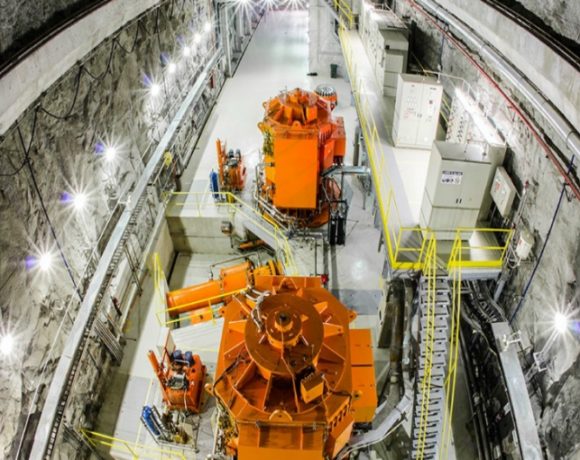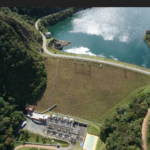USAID, Mineros SA Boost Beekeeping Project to Convert Irregular Miners to Legitimate Business

The U.S. Agency for International Development (USAID) and Medellin-based gold-mining giant Mineros SA jointly announced September 20 that they’re boosting funds and technical aid to formerly artisanal or illegal miners in the Bajo Cauca region of Antioquia.
“The productive and commercial capacity of beekeepers of Bajo Cauca will be strengthened thanks to the agreement established between USAID and Fundacion Mineros SA, and the Association of Beekeepers of Bajo Cauca and the South of Bolivar (Asapibas), through the ‘Oro Legal’ [Legal Gold] program,” according to the agency.
Funding for the program now tops COP$2 billion (US$692,000).
“The direct beneficiaries are 88 families from Asapibas, who contributed with the initial assembly of the core [beekeeping] laboratories. In the first phase of the project they were given tools, elements of protection, inputs, technical assistance and training. In a second phase they will receive a certain number of hives to expand their apicola [bee-honey] production units.
“The goal is for each family to have at least 45 populated hives, which will allow them to generate monthly income of between one and two minimum wages,” which in Colombia is COP$738,000/month or about US$255 today.
The “Oro Legal” project organizers first established two test laboratories for the production of biological cores — in the Naranjal village of the municipality of Zaragoza and the second lab in the village of Bocas de la Llana, municipality of El Catre .
“These laboratories will be responsible for supplying the bee population to 3,180 hives, which will be delivered to families for the production of honey and other by-products,” according to USAID.
“The Mineros S.A. Foundation for its part provided the premises for the assembly of the laboratories, professionals for installation, specialized advice with experts from the Universidad Nacional and the business strengthening program ‘Avanza,’ in addition to the assembly of an associative plot for a laboratory adjacent to the mine La Ye.
“In addition to receiving materials and supplies for the apiaries, the beneficiaries were trained in the production of apitoxin, pollen and propolis, by-products of the hive that will represent additional [income] resources,” according to the agency.
“Before, I worked as a barequero [informal gold miner],” added Juan David Pedroza, a member of Asapibas. “Now that I know the world of bees, I bet on beekeeping. After training, I also got the opportunity to work as an extension technician on this project,” he added.
















